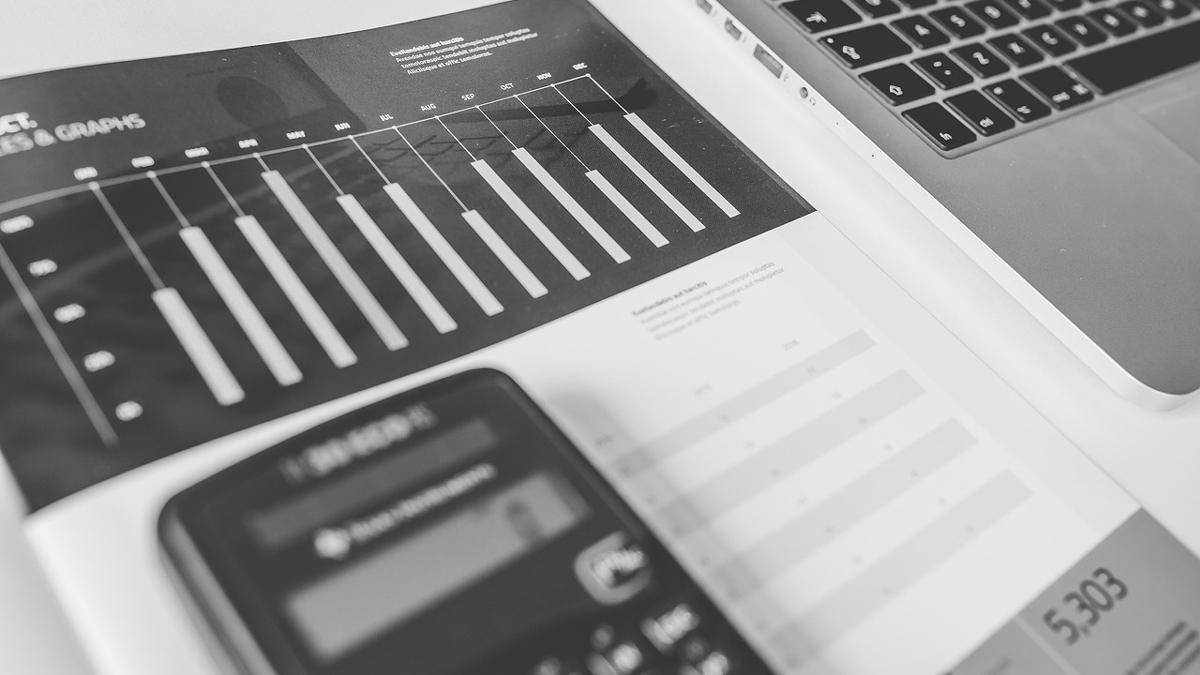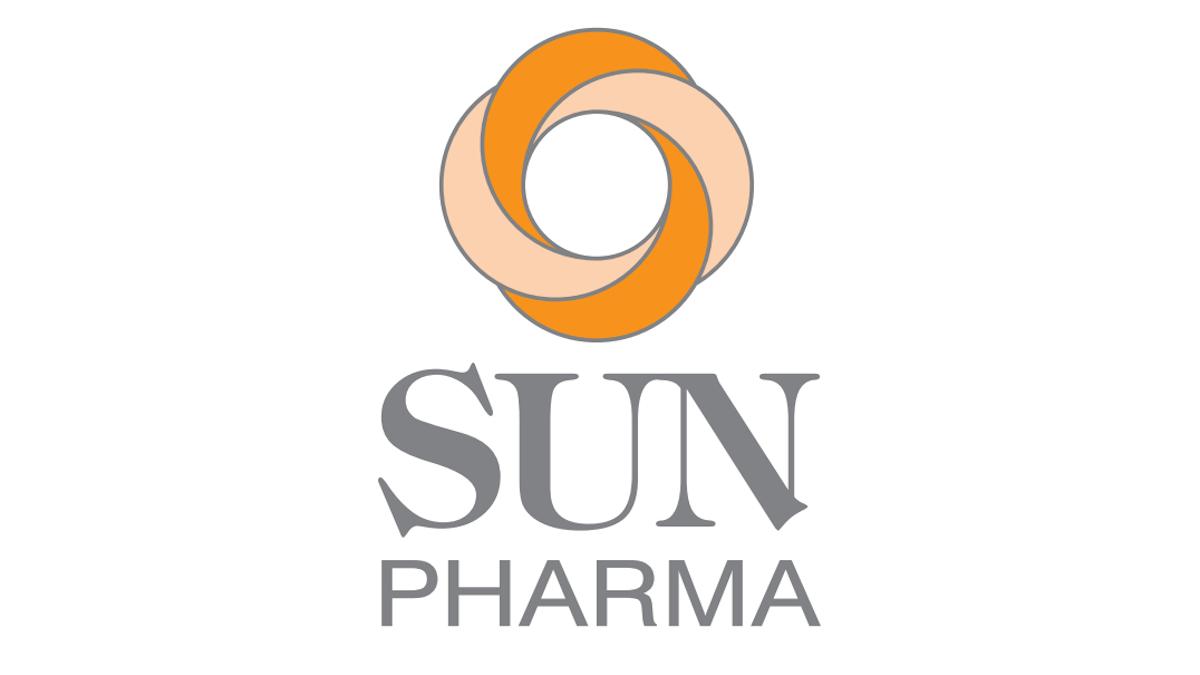Has a biosimilar tipping point been achieved in the US?

As the biggest selling drug of all time begins to be hit by biosimilar competition, Ben Hargreaves asks whether biosimilars adoption could be about to take-off in the US.
The biosimilar segment of the biologics market is becoming big business. As of May 2023, the EU had approved 93 biosimilars, and the US had approved 40 biosimilars, according to the Generics and Biosimilars Initiative. Considering that the first biosimilar only entered the market in the US in 2015, and 2006 in Europe, this represents substantial growth for a new product market. In the US alone, IQVIA predicts that the market will reap sales of approximately $129 billion over the next five years, with estimated savings to the healthcare system of $181 billion. This is a marked increase on previous years, where the prior five years’ of cost savings were estimated to have been $40 billion.
The US market for biosimilars has taken some time to develop, especially when compared to Europe. Ahead of being able to submit biosimilars to FDA, many big pharma companies established biosimilar units, with the expectation of driving additional revenue growth. As these companies began to try to move their biosimilar products forward to approval, lawsuits emerged and delays to commercialisation occurred. This led to many of the bigger companies, including Pfizer, Novartis, and Merck, to look to divest their portfolio of biosimilars, along with generic drugs, to focus on other areas for growth. However, IQVIA’s prediction of bumper biosimilar sales in the years to come emerges as adoption of biosimilars in the country is increasing. Alongside greater uptake has also been the entrance onto the market of biosimilars to originator products with particularly high sales, most notably to AbbVie’s Humira (adalimumab).
A turning point
The entrance of biosimilars to Humira is a significant event for a number of reasons, not least because the drug is the top-selling pharmaceutical product of all time. According to Statista, the product has hit more than $10 billion in annual sales every year for the last decade, earning a total of over $200 billion globally since first approval in 2002. For proponents of biosimilars, Humira is a case in point for how the products can rapidly provide cost savings to the healthcare system. An example of how dramatic the impact can be was delivered in the UK, when the country was able to cut its spending on Humira through biosimilars down from £400 million to a quarter of that figure.
With Humira biosimilars finally able to be commercialised through the course of 2023, a similar impact is expected in the US. There will be potentially 10 biosimilars reaching the market during the year. Many of the companies involved in developing biosimilars to Humira have been waiting years to enter the market. AbbVie reached non-exclusive patent licensing deals with its competitors to delay the launch of biosimilars on the US market until 2023.
Boehringer Ingelheim initially tried to fight the patents that prevented the launch of biosimilars to Humira, before eventually reaching a similar agreement with AbbVie. Though the delay reduced the company’s immediate impact, it has provided benefits in terms of being able to offer additional formulations. Boehringer is set to launch its Cyltezo biosimilar on 1st July, and this includes a Cyltezo Pen product – an auto-injector option that allows patients to self-administer the treatment and has been certified as an ‘ease of use’ product by the Arthritis Foundation. A spokesperson for Boehringer explained to pharmaphorum that the device has been designed to be operated by one button, and has a three-step activation process. In addition, there is 100% drug visibility and the device is equipped with a protected needle. “The preparations for our commercial launch on 1st July are progressing as planned and we are prepared to meet market demands,” they added.
An instant impact
The result of biosimilars entering the market in the US for Humira was revealed in AbbVie’s first quarter financials, as the company entered the first quarter of what it described as “the US biosimilar event.” The immediate impact saw US net revenue for Humira drop by 26.1%, down to $3.5 billion. Scott Reents, CFO of AbbVie, projected that the second quarter would also see erosion of the product’s sales, with expectations for a 27% fall compared to the previous year’s quarter.
Despite this, there are some questions over how far and how quickly the biosimilars will be able to reach patients. A spokesperson for The Biosimilars Council, a division of the Association for Accessible Medicines, told pharmaphorum, “Biosimilar uptake continues to be slower than hoped because of perverse incentives that favour the use of higher-priced brand biologics […and] awareness of the benefits of biosimilars among patients and health care providers remains relatively low, contributing to lower adoption of biosimilars overall.”
When asked about the impact Humira biosimilars could have on encouraging broader adoption of biosimilars, the spokesperson confirmed that this could prove to be the case. More specifically, they linked this to the potential to convince patients and providers on the cost savings that can be made, particularly with Humira being one of the most expensive drugs on the market.
The spokesperson for Boehringer similarly emphasised this point: “The complexity of biologic medicines makes them expensive to produce, placing a high cost on the healthcare system. The utilisation of high-quality biosimilars can improve the sustainability of healthcare systems by providing the potential for more patients to benefit from biological medicines.”
The long game
How successfully biosimilars are able to take market share away from Humira may well determine wider interest in pursuing biosimilar development. To achieve the highest cost savings from biosimilars, there needs to be effective competition over pricing. Though AbbVie is watching how far sales are eroded in the coming quarters, the overall market will be looking at how biosimilar sales are achieved in the long-term, and whether the expensive process of developing and manufacturing the products is able to achieve an adequate return.
“Adoption of adalimumab biosimilars will not happen overnight. Education gaps and formulary preferences for higher-priced brands will hinder rapid adoption of these biosimilars in the near term, so overall savings generated by these products won’t materialise for some time […] We are confident that as the biosimilar adalimumab market matures, adoption will rise and savings will accrue,” concluded the spokesperson for The Biosimilars Council.













